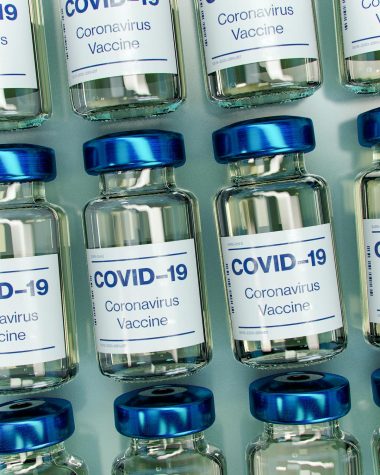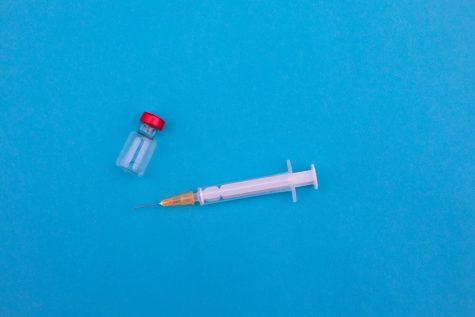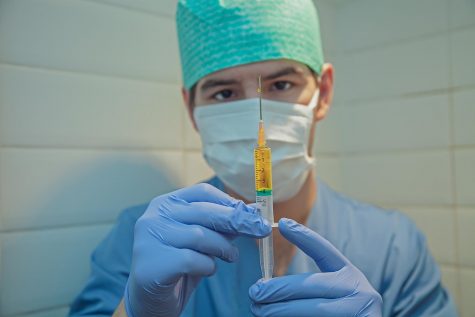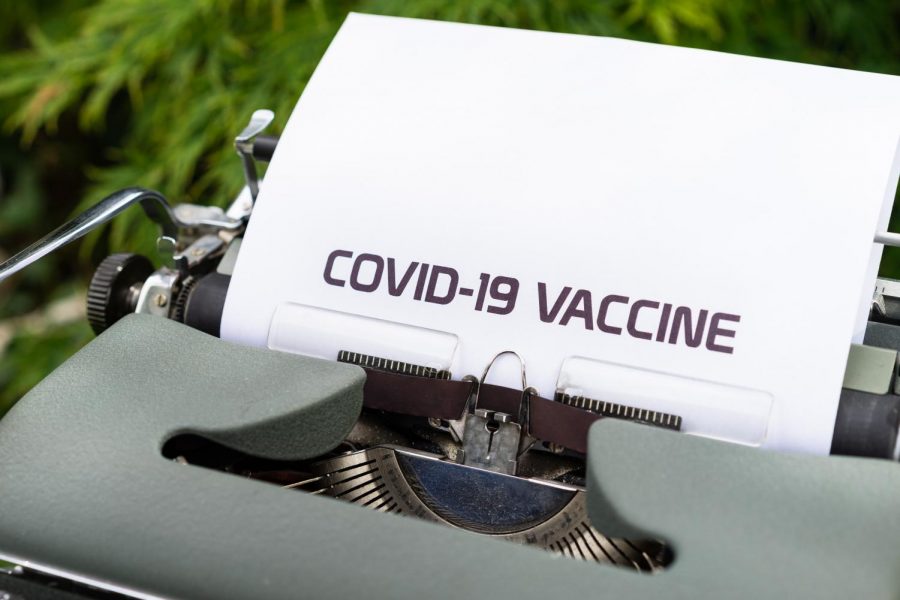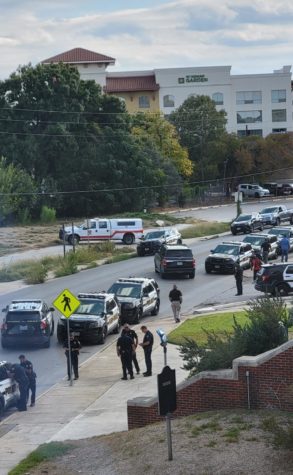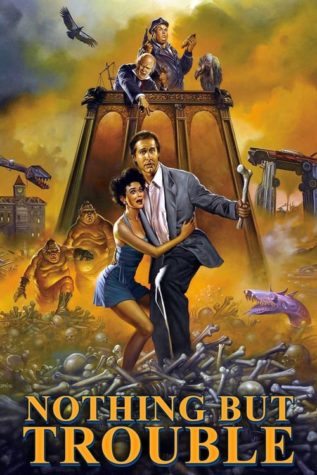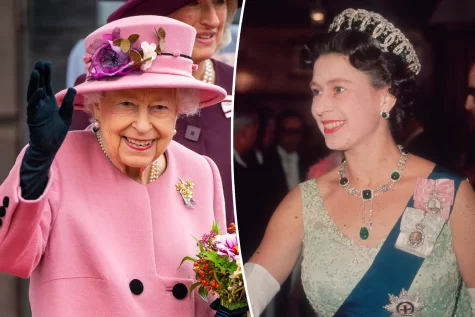Fight against pandemic showing good signs
December 27, 2020
Within the past few weeks, good signs have been starting to appear following what has been a tough few months for many people. The FDA has approved both the Pfizer and Moderna vaccinations used to fight COVID-19, and already, many front line workers, big-named politicians, and most recently, elderly folks in nursing home facilities have already been vaccinated. However, many that are next in line for the shot are wondering when that is going to happen.
A few weeks ago, I sat down via Zoom with Dr. Michael Vallor, who is apart of the Science Department at Central Catholic. I also spoke via phone with Dr. Fred Campbell of UT Health San Antonio. Both were willing to give their input and opinions on many of the lingering questions people still have about these vaccines.
One question many have is whether or not the government could, by law, force someone to get vaccinated. Dr. Vallor shared his input. “There was actually a very big question about this in relation to the smallpox vaccine. Smallpox had killed more people than almost any other disease in history,” he says. “When the vaccine finally became available, many people didn’t want to take it because of what was in it. Just like now… And it came up before the Supreme Court: do you have to take a vaccine and take something into your body because the government wants you to?”
He considered the infamous Jacobson v. Massachusetts Supreme Court case in the early 20th century. A brief background of the case involved a gentleman from Sweden, which at the time had mandatory vaccination laws for certain diseases. Massachusetts had those laws enforced as well. It was ultimately decided as “constitutional” that these laws could be set in place as a public health measurement for the safety of others. Dr. Vallor says there are “no requirements as of now,” but it doesn’t mean the federal and national government could fine anti-vaccination people, if it becomes necessary to do so.
Dr. Fred Campbell of UT Health San Antonio spoke about the process of the vaccinations. This comes after UT Health San Antonio was one of four major research sites in Texas to get first shipments of the Pfizer Vaccine. “I think a lot of my colleagues that see COVID-19 patients everyday, are very relieved and as they get the vaccine of course that means that they will not be as likely to get the virus themselves or pass it on to people close to them,” Dr. Campbell says.
Two different vaccinations, first from Pfizer then Moderna, in which both were just recently approved by the FDA, are the two regimens that are used for the immunity. But why would people need two consecutive doses of the same vaccine? “The vaccines were designed to be able to stimulate immunity against the COVID-19 virus found from studying previous vaccines, that there is a “booster” affect that occurs with a second vaccination,” Dr. Campbell says. “In order to generate the level of antibodies… that is estimated to be effective against this virus, the maker of both vaccines determined that a two-dose regimen is the most likely to be effective.”
There have also been reports of possible allergic reactions to the vaccination in the U.K. specifically. Dr. Campbell says that the first front line employees to receive the dose are not having the same allergic reactions as those in the U.K. “Those individuals we weren’t certain were going to be at high risk, but when they did develop what was called a systemic reaction to the vaccine, people in the U.S. decided it was important to exclude anyone like that,” Dr. Campbell says. He added that the “general public,” meaning those who are not at severe risk, an essential or medical worker or those over 65, that they will probably not have to roll up their sleeves until probably April. With it, comes controversy about people who are refusing to take this vaccine for a number of reasons.
Dr. Campbell urges those with higher risk to get vaccinated of all people. “I would give them as firm of a recommendation as possible, just because of their increased chances of dying or having a long-term disability… I’m not going to lie to people at lower risk, their chances are much much less… But they also run the risk of giving a high risk individual COVID-19, if they contract it,” he says.
The vaccine has been studied in people under 18 years of age, according to Dr. Campbell, but there hasn’t been enough research yet due to the lack of volunteers to participate in clinical trials. He says many medical companies are looking to recruit individuals under 18 to participate in those trials, in order to prove effectiveness of the vaccines in young adults and kids.
The nation’s top infectious disease expert, Dr. Anthony Fauci, says that completing herd immunity by the end of next summer is absolutely possible. Until the general public is able to get the vaccine(s), the CDC recommends to continue practicing social distancing, mask-wearing, and hand-washing.
